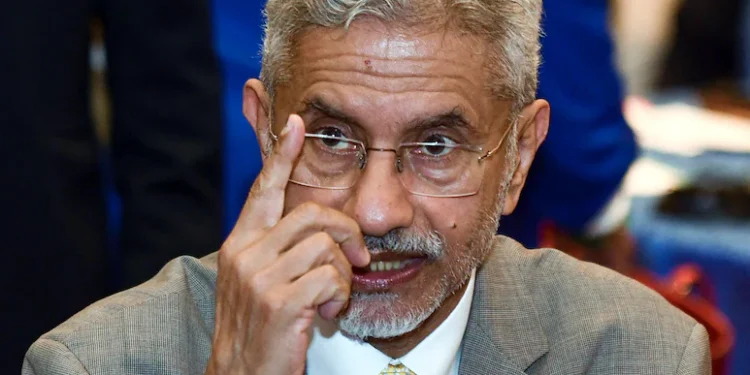Lagatar24 Desk
New Delhi: India has stepped up its diplomatic outreach following the April 22 Pahalgam terror attack by contacting foreign ministers of eight non-permanent members of the United Nations Security Council (UNSC), highlighting the cross-border nature of the assault and urging global action against terrorism.
External Affairs Minister S Jaishankar held phone conversations with his counterparts from Algeria, Greece, Guyana, Panama, Sierra Leone, Slovenia, Somalia, and Denmark, underscoring India’s determination to hold the perpetrators accountable and expressing concern over Pakistan’s alleged role in the massacre, which left 26 civilians dead.
Push for Global Consensus
India’s diplomatic initiative is seen as a response to what it views as an insufficient international statement on the attack. Although the UNSC condemned the terror strike in strong terms, Indian officials expressed concern that the language had been watered down under pressure from Pakistan, which is currently serving as a non-permanent member for the 2025–26 term.
During his call with Danish Foreign Minister Lars Lokke Rasmussen, Mr Jaishankar reiterated India’s commitment to justice, stressing the need for “accountability and international cooperation” to combat terrorism.
Contact With UN Leadership
Mr Jaishankar also received a call from UN Secretary-General Antonio Guterres, who conveyed condolences and condemned the Pahalgam attack unequivocally. “India is resolved that the perpetrators, planners and backers of this attack are brought to justice,” Mr Jaishankar posted on social media following the call.
Growing Support From World Leaders
India’s efforts have been backed by a flurry of international solidarity. Leaders from countries including the United States, France, Israel, Egypt, Jordan, Italy, Japan, UAE, Iran, Sri Lanka, the Netherlands, Australia, and Nepalhave spoken with Prime Minister Narendra Modi, condemning the attack and expressing support.
Notably, US Secretary of State Marco Rubio held separate calls with both Mr Jaishankar and Pakistan PM Shehbaz Sharif, urging de-escalation and full cooperation in the investigation.
India’s Tough Response
India has launched a series of retaliatory steps, including:
-
Suspension of the Indus Waters Treaty
-
Revocation of all visas issued to Pakistani nationals
-
Closure of the Attari-Wagah land transit point
-
Airspace ban for Pakistani flights
Prime Minister Modi has given the armed forces “complete operational freedom” to respond. “This is not just about punishing the terrorists, but about breaking the back of the terror ecosystem,” government sources said.
The diplomatic offensive is part of India’s strategy to internationalise the issue of Pakistan-sponsored terrorism and seek global alignment against terror financing and safe havens.







